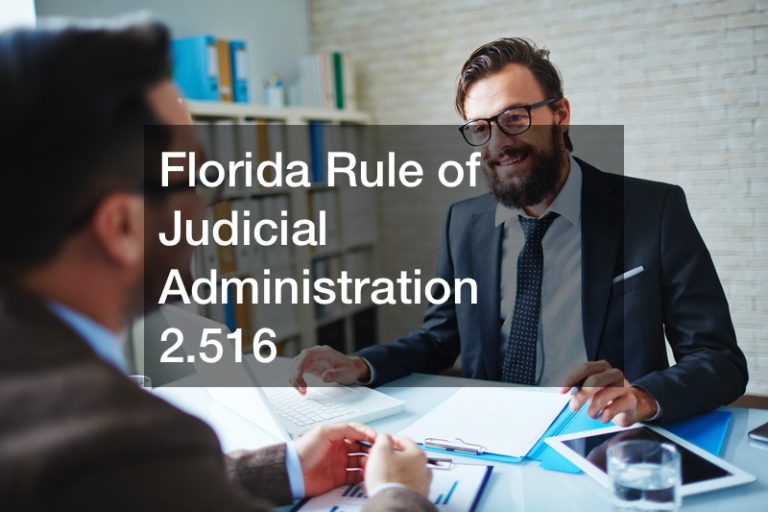What Is Bad Faith in the Legal Sense?

In the legal world, the concept of “bad faith” refers to dishonest or unfair practices by one party in a contractual or legal relationship. This term is often used in insurance disputes, where an insurance company may fail to uphold its end of the agreement, but it can also apply to other types of contracts and legal situations. If you believe you’ve been treated unfairly in a legal matter, consulting a bad faith lawyer in Denver can help you understand your rights and pursue the justice you deserve.
Understanding Bad Faith
Bad faith occurs when one party intentionally deceives or refuses to fulfill their contractual obligations in a way that is dishonest or unfair. In many cases, bad faith is associated with insurance companies that fail to honor legitimate claims, but it can also apply to other areas of law, including employment, real estate, and business contracts.
For example, if an insurance company denies a claim without a valid reason, delays payment, or fails to conduct a proper investigation, it may be acting in bad faith. Similarly, if an employer or business partner knowingly misrepresents terms or fails to fulfill their duties under a contract, this could also be considered bad faith.
Types of Bad Faith
Bad faith can take many forms, depending on the specific circumstances of the case. Some common examples include:
Denial of a Valid Claim: One of the most common forms of bad faith is when an insurance company denies a valid claim without a legitimate reason. This can include denying coverage that should be provided under the policy or refusing to pay out a claim that has been properly documented.
Unreasonable Delays: In some cases, an insurance company or other party may intentionally delay processing a claim or payment. This tactic can be used to pressure the other party into accepting a lower settlement or simply to avoid fulfilling their obligations.
Failure to Investigate: In many legal situations, a thorough investigation is required to determine the validity of a claim or dispute. If a party fails to conduct a proper investigation, this can be considered bad faith.
Misrepresentation of Terms: Bad faith can also involve misrepresenting the terms of a contract or agreement. For example, an insurance company might mislead a policyholder about what is covered under their policy or fail to disclose important information.
Legal Recourse for Bad Faith
If you believe you have been a victim of bad faith, it’s essential to seek legal advice from a bad faith lawyer in Denver. A lawyer specializing in bad faith cases can help you gather evidence, navigate the legal process, and hold the responsible party accountable. In many cases, you may be entitled to compensation for your losses, as well as punitive damages if the other party’s actions were particularly egregious.
.




